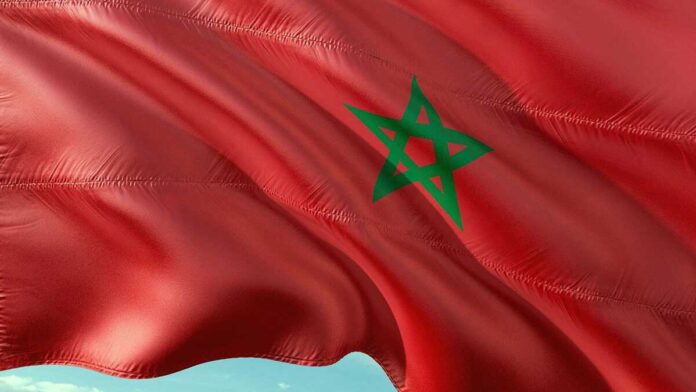The message was sharp, unambiguous, and delivered with precision. During a high-level UN Security Council debate on the future of peacekeeping operations, Morocco’s Deputy Permanent Representative to the United Nations, Majda Moutchou, decisively pushed back against Algeria’s latest attempt to politicize the role of the UN mission in the Moroccan Sahara.
In a firm rebuttal, Moutchou dismantled the Algerian ambassador’s effort to include a human rights component in the MINURSO mandate, calling it a “masterclass in selective political manipulation.” She highlighted Algeria’s ongoing obsession with the Moroccan Sahara, accusing its leadership of disregarding facts, international law, and diplomatic consistency in pursuit of a hostile agenda.
Moutchou pointed out that Algeria stood alone in raising the issue of human rights within the context of MINURSO. No other Security Council member supported or echoed this demand, underscoring the politically motivated and isolated nature of Algeria’s intervention.
She reminded the Council that MINURSO’s mandate is clear: it was established to monitor the ceasefire. Expanding its responsibilities to include human rights monitoring would be a deliberate distortion of its mission. Moreover, seven out of the eleven current UN peacekeeping missions have no human rights component at all. So why insist on singling out MINURSO? For Morocco, the answer is obvious—it’s a targeted political maneuver.
Moutchou also recalled that in October 2024, the Security Council had already rejected Algeria’s proposal to expand MINURSO’s mandate to include a human rights mechanism. That decision, she stressed, was deliberate and reaffirmed that the situation in the Moroccan Sahara does not warrant such a measure.
The rejection, she added, was not merely procedural—it represented a clear rebuke of Algeria’s repeated efforts to weaponize human rights rhetoric in pursuit of its geopolitical interests.
In contrast to Algeria’s accusations, Moutchou underscored Morocco’s full and transparent cooperation with international human rights bodies. The Kingdom engages openly with UN mechanisms, welcomes international experts, and continues to implement structural reforms that strengthen fundamental freedoms. These actions are not theoretical—they are grounded in real progress on the ground.
Addressing Algeria’s invocation of the right to self-determination, Moutchou accused her counterpart of using the term selectively. “It’s a political slogan used against Morocco,” she said, “but completely ignored when it comes to oppressed populations within Algeria’s own territory.”
She then turned attention to the thousands of Sahrawis living in the Tindouf camps—located on Algerian soil—where, she said, human rights are routinely violated, freedoms are nonexistent, and oversight is deliberately blocked. The silence from Algerian authorities on these abuses, Moutchou argued, is a glaring indicator of their real motives: using human rights as a political tool rather than a genuine concern.
Concluding her remarks, Moutchou delivered a powerful and resolute message: “The Sahara is Moroccan. It always has been, and it always will be. This is not a slogan—it is a historical, cultural, and geographic reality, backed by undeniable facts.”




